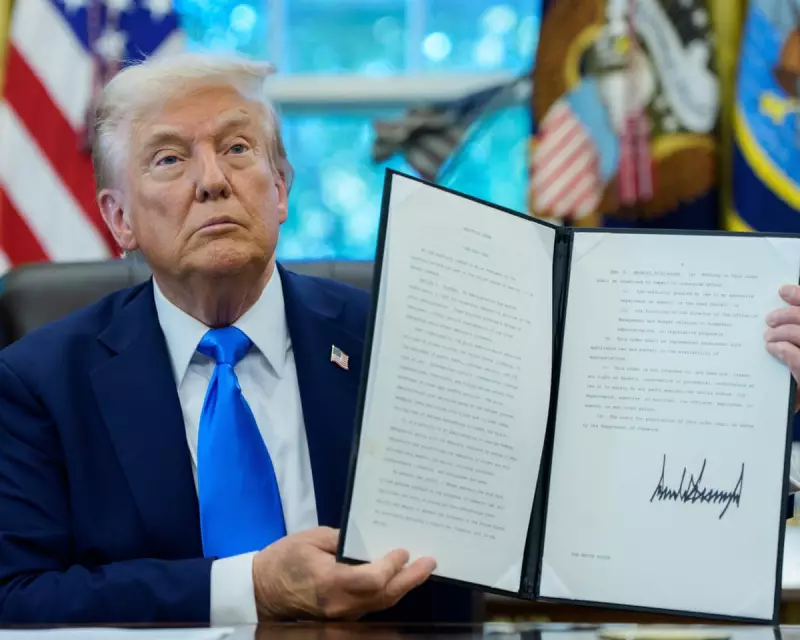
The Trump campaign has unveiled a seismic immigration proposal that could fundamentally alter the relationship between the UK and US tech sectors. At the heart of the plan: an unprecedented $100,000 fee for the coveted H-1B visa, a cornerstone programme for skilled foreign workers.
This radical policy shift, confirmed by senior campaign advisors, forms part of a broader "America First" immigration overhaul. The proposed fee represents an astronomical increase from current costs and is explicitly designed to force American companies to prioritise domestic hiring.
Impact on British Tech Professionals and Firms
For UK-based tech companies with operations in the United States and British professionals seeking opportunities stateside, this proposal spells potential disaster. The H-1B visa has long been a critical pathway for transatlantic talent movement, facilitating knowledge exchange and filling specialised roles in sectors from fintech to artificial intelligence.
Industry analysts predict this move could create an insurmountable financial barrier for all but the largest corporations, effectively pricing out SMEs and startups from the international talent market. The proposal includes additional stringent requirements, including mandatory permanent resident status processing for visa holders.
Broader Immigration Context
The massive fee increase is just one element of a comprehensive immigration policy framework targeting both skilled and unskilled migration. The plan also calls for the implementation of "merit-based" immigration systems and the widespread use of ideological screening for visa applicants.
This development comes amid growing concerns within international business communities about the increasing protectionism of US immigration policy. Many UK tech leaders have expressed alarm at the potential disruption to collaborative projects and innovation pipelines that depend on seamless talent movement between the two nations.
As the US presidential election approaches, the tech world on both sides of the Atlantic watches with apprehension, aware that the outcome could reshape global recruitment for years to come.






